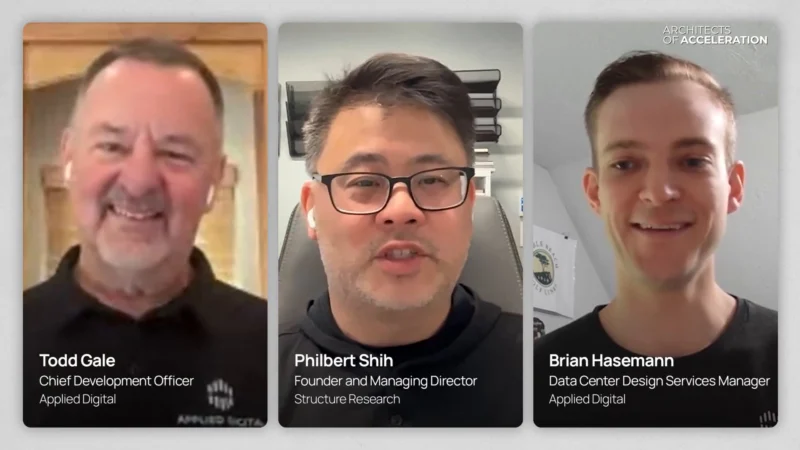The Future of Manufacturing As Robotics Increase in Popularity
Many science fiction plots pit technology like robots against humans, suggesting that an increase in the use of robotics is damaging to people and societies. Simon Whitton, Senior Vice President of Sales and Marketing at Kuka Robotics, shared with Marketscale host Daniel Litwin why he thinks reality is much more positive than science fiction might imply.
Whitton explained that when people get past the “mystery around robotics,” they find that robotics impact the manufacturing industry and its workforce for the better. Currently, the future of manufacturing is challenged a shortage of employees and a lack of interest in performing repetitive tasks. Robotics can offer solutions.
For instance, Whitton shared that the manufacturing workforce is actually like to grow, not shrink, as a result of the implementation of robotics. “People get re-deployed to better jobs, essentially,” Whitton said. Through re-training, manufacturing employees can move into higher-level roles that entail more decision-making and less repetition. Co-bots, which work alongside humans, can also improve the work experience for employees by increasing safety and productivity while making the human tasks more interesting.
Due to the “constant evolution of the workforce,” as Whitton phrased it, these changes in the types of jobs that exist in manufacturing are essential. As new generations enter the workforce with more education behind them, they are looking for interesting, fulfilling work instead of repetition. Over the years, Whitton said he expects that robotics will increase the number of higher-level jobs in manufacturing and the salaries for such roles.
For the latest news, videos, and podcasts in the Engineering & Construction Industry, be sure to subscribe to our industry publication.








